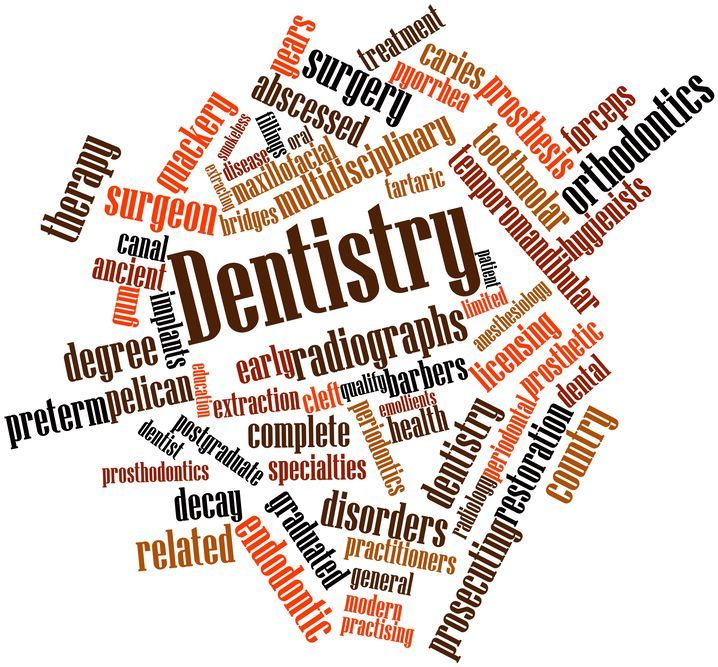Is The Dentist Office a Torture Chamber For You? Coping With Dental Fear
- By Mary Marks
- •
- 21 Dec, 2018
- •

At one point or another, your dental checkup comes around. While for some it might be an unimportant slot of time in a rather busy schedule, others regard it as an utterly terrifying experience.
As
most phobias, the so-called “dental anxiety” brings panic and a sense of losing
control. What can be done to overcome this fear? First, find a oral sedation dentistry Highlands Ranch area offers
and schedule a consultation.
Perhaps the best way to tackle the issue is by communicating. A relaxed and friendly conversation with the practitioner soothes the mood and ensures that the tense atmosphere dissipates. Try avoiding negative subjects and concentrate on topics you like and calm you.
Many patients find the inability to move stressful, thus creating the sentiment of anxiety and fear. Therefore, bring along a small fidget toy or a soft ball to squeeze. If the situation allows it, a pair of headphones with good music works wonders.
Ultimately, the most facile method is deep breathing. Remember a simple rule: 5-5-5. Take a deep breath for five seconds, hold it in your lungs for another five seconds, then exhale for five seconds. Repeat this a few times, it should take your mind off the dental work.
All in all, these are just some suggestions. Experiment and find the one that works the best for you.





Although oral sedation dentistry Highlands Ranch is one of the optionsavailable for managing anxiety and discomfort during oral surgery, you certainly do not need to use it all the time. As a matter of fact, the exact type of sedation or anesthesia that you receive during oral procedures may depend on various factors, such as the complexity of the procedure, your medical problems, as well as your doctor’s preferences.
There can be several different levels of sedation that can be used in oral surgery. Local anesthesia is one of them. This involves injecting anesthetic medication into the specific area where the surgery will take place. It numbs the area and is often used for less invasive procedures.
Oral sedation involves taking medication in the form of a pill to induce a state of relaxation and drowsiness. The patient is still conscious, but he/she may not be fully aware of the procedure. At any rate, sedation helps him/her get rid of anxiety.
In the case of intravenous sedation, medication is administered through a vein, which induces a deeper state of sedation than oral sedation. Patients may still be conscious, but they are less aware of their surroundings and may not remember the procedure.





